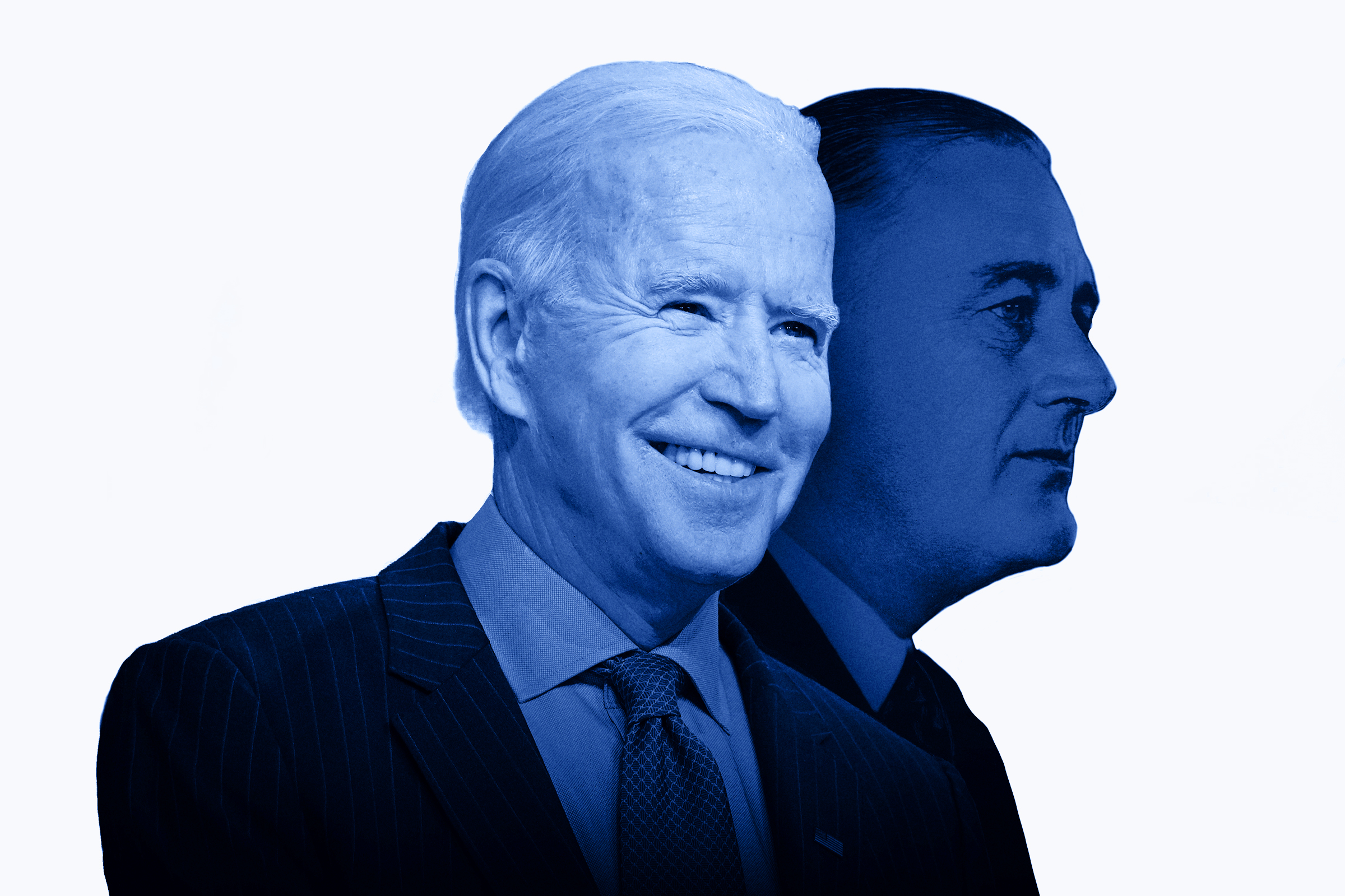The 50 States of America
It was the single most frequently asked question of 2020 that writers with political science degrees received. In a country boasting a population of 330 million people, there have been more than 28 million official confirmed cases of COVID-19 and 520,000 deaths, meaning that one out of every five deaths in the world has occurred in the U.S. Despite these highly concerning statistics, the majority of U.S. news in 2020 was filled with despairingly repetitive stories of people ignoring the advice of health authorities, as they did not wear masks, and states continued to open major attractions and events that drew large numbers of people together.
When the vaccine was introduced, however, it seemed as if things were starting to look up. As of March 5, more than 16% of the U.S. population had received one or more doses of the vaccine, and people were hopeful about returning to normal. Perhaps taking this hope too far, Texas has already announced that beginning March 10, people will no longer have to wear masks in public spaces, and restrictions on the size of gatherings previously enforced in workplaces, restaurants and sports centers will also be lifted. This announcement was made alongside Gov. Greg Abbott’s declaration that “It is now time to open Texas 100%.” We ask, then, has the state seen dramatic improvement in its response to the pandemic? The statistics don’t seem to say so. In Texas alone, more than 45,000 COVID-19-related deaths have been reported, and the daily average number for new cases is still above 7,000. Moreover, out of all 50 states, Texas sits in the 48th place for percentage of people vaccinated.
Republican Gov. Abbott’s decision in Texas reveals why it is that the United States’ response to the COVID-19 pandemic has been so poor: it is because the U.S. is a federal system of government. Given that various places in the country have unique geographical and economic conditions, the United States developed a federal state structure that gives the 50 states autonomy and judgment over its area of jurisdiction. As a result, however, the president has little to no actual influence over state decisions and policies. State laws, governors and state government decisions take precedence over federal laws and guidelines, meaning that situations like the COVID-19 pandemic can be particularly problematic because cooperation across different levels of government within the U.S. is critical.
President Joe Biden issued the federal mandate requiring people to continue wearing masks immediately following his inauguration. However, this regulation has limited authority, as it only applies to federal officials and people in buildings and facilities owned by the federal government. In all other spaces, the state government’s policy on wearing masks takes precedence even if it conflicts with the president’s mandate. This manner of enforcing policies and mandates in America is significantly different from the Korean government, which has required people to wear masks in public transportation everywhere from Seoul to Jeju Island.
Upon hearing of the Texas and Mississippi governors’ decisions to stop enforcing mask wearing in public spaces, President Biden immediately took a critical step, going so far as to accuse them of “Neanderthal thinking,” saying their judgment was not supported by any science whatsoever. In response, the president has again reiterated that the best strategy to fight COVID-19 in the U.S. is to follow the advice of scientists and health experts. Beyond that, however, there is no way for the president to reverse the Texas governor’s decision.
Before I actually went to America, I was always confused by the way people in the U.S. would respond to a question about where they were from with the name of a state such as Texas or California, instead of the United States. Having spent some time in the United States, I now realize that the 50 U.S. states truly are “different countries.” State governments have authority over areas that the federal government and president do not, and an individual’s state heavily impacts their identity. In fact, the more I thought about how different the 50 states were, the more impressed I became with the single, unified country that they formed. The United States is at a crossroads in its fight against COVID-19. The death toll during this pandemic has risen higher than the death toll of any war the U.S. has fought in the past, yet the United State is unable to implement wartime operations. Although the U.S. is one country made up of 50 vastly different states, the fight against COVID-19 can only be won if the states and federal government work together in complete unison.

